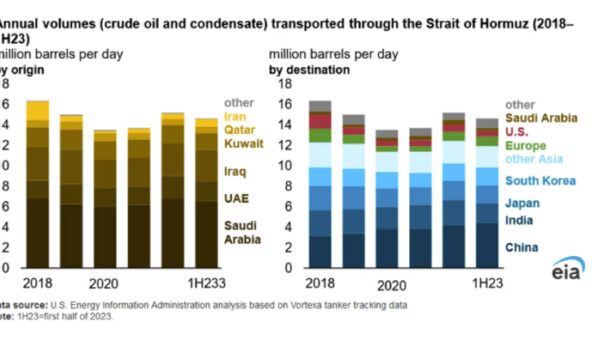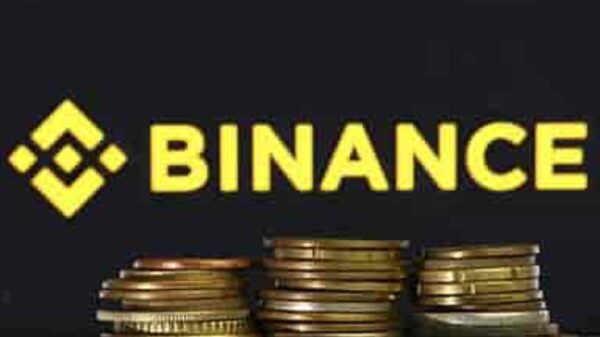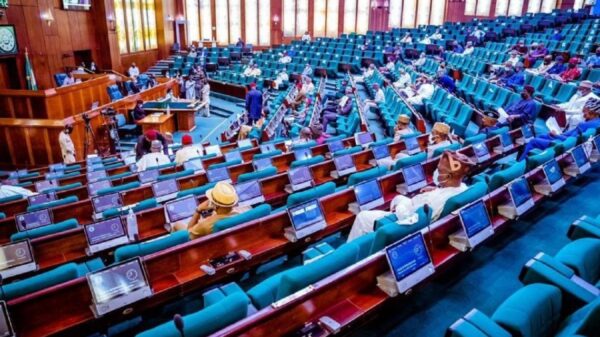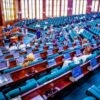The Centre for the Promotion of Private Enterprise (CPPE) considers the proposed increase of Tertiary Education Taxes to 3% in the Finance Bill 2023 as too soon.
In a report tagged “Tweaking the 2023 Finance Bill and Options for Unlocking revenues in 2023”, Director of CCPE, Dr Muda Yusuf stated that companies are still contending with several macroeconomic, structural, global and regulatory headwinds.
While commending the President for withholding assent to the 2023 Finance Bill, thereby allowing for broader consultation, participation and inclusion in the legislative process, the CCPE also noted that the tax increase is an aspect of the bill, highlighting that less than two years ago, the tertiary education tax was increased from 2% to 2.5%.
“It is too soon to propose another increase. Besides, companies are still contending with several macroeconomic, structural, global and regulatory headwinds. It will be inequitable to increase the tertiary education tax at this time.
“This would be putting too much burden on corporate entities on business and investors in the Nigerian economy.”
“The perception of corporate entities as cash cows for solving all revenue problems is utterly misplaced. We should be a lot more creative in our revenue drive so as not to overburden the current crop of taxpayers. The tax base is still extremely narrow and should widen.
“The economy is about 50% informal, which meant that the incidence of taxation is largely on the formal sector of the economy.”
CPPE urged that the focus on taxation should be on efficiency and improvement in tax governance.
- “The focus of taxation should be on collection efficiency, broadening the tax base and improvement in tax governance. Revenue collection responsibilities should be integrated into a single agency for more efficient administration.”
- “Additionally, there is implicit taxation as companies still have to provide supporting infrastructures and other facilities such as power generation, water supply, and security for their assets. In some instances, companies construct access roads to their premises.
CPPE added that Numerous taxes, fees and levies are also paid to sub-national governments and regulatory agencies which should be taken into consideration in the formulation of tax policies.

























































You must be logged in to post a comment Login